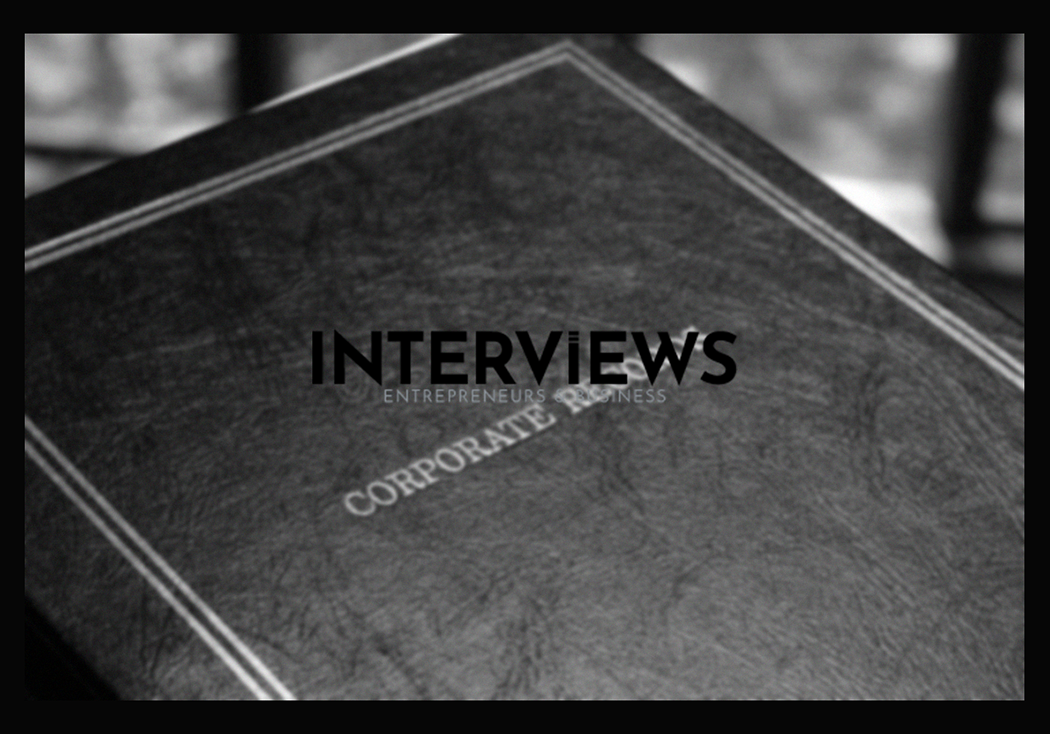Running a business is like juggling. It’s exciting, but risky. Amidst sales and client needs, record keeping hides. It seems dull, right? Ignoring it is like ignoring a car noise. It will cost you later when you least expect it.
Why Keep Records? (Spoiler: It’s Not to Annoy You)
Your business records are essential. They guide you back to sanity. Good records strengthen your business. They help you:
- Track your business progress. How else will you know if you’re making money or just looking busy?
- Create financial statements. The ones that show if you are winning or losing.
- Identify income sources. Is it from selling cat sweaters or your pickle-making?
Plus, good records protect you from the taxman – a force not to be reckoned with unprepared.
What Paperwork Should You Keep? (And For How Long?)
What should you save? Let’s explore. Consider this spring cleaning for documents but with higher stakes.
The 7-Year Rule (and Other Timelines)
Seven years is a number in business. Accountants love it. Why? It’s a safe bet against audits and lawsuits. It’s your record safety net.
- The General Rule: Seven Years. If unsure, keep it seven years. Better safe than sorry.
- IRS Says… Three Years? The IRS normally advises keeping tax records for three years. Sounds tempting, right? But “normally” has weight.
- Six Years, Maybe Seven? Some rules state keep records for six years after the financial year. It’s basically seven years. Confusing, isn’t it?
- The 3-to-7 Year Range. For tax return backup documents – think W-2s, 1099s, and statements – keep them for 3–7 years.
- Losses and Debts? Seven Years Again. For worthless securities claims or bad debt deductions, the seven-year rule applies.
- The LONG Game: 30 Years! Exposure records need 30 years. Employee medical records? Duration of employment PLUS 30 years.
- Forever Keepsakes. Some documents need to last forever. Birth certificates? Forever. Marriage papers? Forever.
- The 25% Income Oops (and Six-Year Penalty). Missed reporting over 25% of your income? IRS has six years to look into it.
What Records Should You Keep?
We covered timelines, but what documents should you save?
- Financial Records: The Money Trail.
- Bank and Credit Card Statements. Keep for seven years or longer.
- Invoices. Proof of purchases and sales is essential for taxes.
- Real Estate Statements. Keep closing statements indefinitely if you have property records.
- Cancelled Checks. Proof of payments is essential if you still use checks!
- Employment Records: People Power.
- Employee Files. Keep files for seven years to cover most limitations.
- Hiring Records. Save job ads and applications for a year to avoid hiring awkwardness.
- I-9 Forms. Keep these shorter than seven years: they have unique retention rules.
- OSHA Exposure Records. Remember that 30-year rule? These fall under it.
- Legal Records: Important Files.
- The “Keep Forever” Crew. Core identity docs like birth certificates and custody agreements.
- Business Records: The DNA of Your Company.
- Ownership Records. Formation documents, bylaws, should be kept permanently.
- Personal Records (Some Personal Stuff Matters).
- The Forever Files. Birth certificates, IDs, and legal documents intertwine with business issues.
Why Accurate Records Matter (Unless You Like Chaos)
Imagining building without blueprints is chaos. That’s your business without proper records. Good records are vital. They help you:
- Avoid losses. Spot leaks before they sink your ship.
- Handle cash flow. Knowing where money goes is crucial.
- Meet legal and tax requirements. Prevent fines and awkward talks with authorities.
- Enhance financial understanding. Understand what works and what doesn’t for better decisions.
IRS Audits: When Uncle Sam Comes Knocking
No one wants an IRS audit. It’s like a surprise root canal. Good record keeping protects against anguish. It won’t stop audits but makes them easier.
Audit Triggers: Red Flags to Avoid
What triggers audits? Here are warning signs:
- Missing Income. Forgetting income is foolish. Don’t leave doors unlocked!
- Income Swings. Unexplained changes raise eyebrows. Document legitimate reasons.
- Consistent Losses. Yearly losses prompt IRS questions about your “business.”
- Questionable Deductions. Can you claim personal yachts as expenses? No!
- Lowballed Assets. Underestimating values alerts authorities in taxes.
- Mixed Finances. Using business accounts for personal food? Don’t mix them!
- Excessive Deductions. Claiming all deductions attracts attention for scrutiny.
Audit Timeframe: How Far Back Can They Go?
The IRS typically audits the last three years. If they suspect underreporting, they can look back six years. Stay clean to avoid scrutiny!
Consequences of Poor Records: Costly Mistakes
Poor record keeping is painful. It leads to financial hurt, fines, and penalties. Avoid this easily by staying organized.
Record Keeping Today (And the Traditional Way)
We live in clouds and spreadsheets, but paper still has value.
- Physical Records: Think invoices, contracts, legal documents,
- photos for visual businesses, work orders. These are important. Originals often require signatures or hold legal weight.
- Digital Records. Spreadsheets, emails, texts (for business), scanned files, cloud storage. These are efficient and searchable. They save space in filing cabinets.
A good system blends both methods. Also, remember to back up digital files! Losing financial records due to a malfunctioning hard drive is a nightmare.
For a simple system, consider journals and ledgers from office supply stores. These work well for small businesses. The main factors are consistency and accuracy. Fancy software helps but is not necessary.
Keep in mind that rules for paper records apply to electronic records too. The IRS treats both equally. Accuracy and accessibility are what matter.
Trash Talk: Disposing of Records Responsibly
Once you reach retention limits, you might want to throw everything in the recycling bin. Hold on! Documents with sensitive info need careful disposal.
Shredding helps protect against identity theft. This is responsible record retirement.
Record keeping may not thrill you, but it is vital. Stay organized. Keep records safe. You may find satisfaction in knowing where everything is. Or avoid burning paperwork in frustration.





